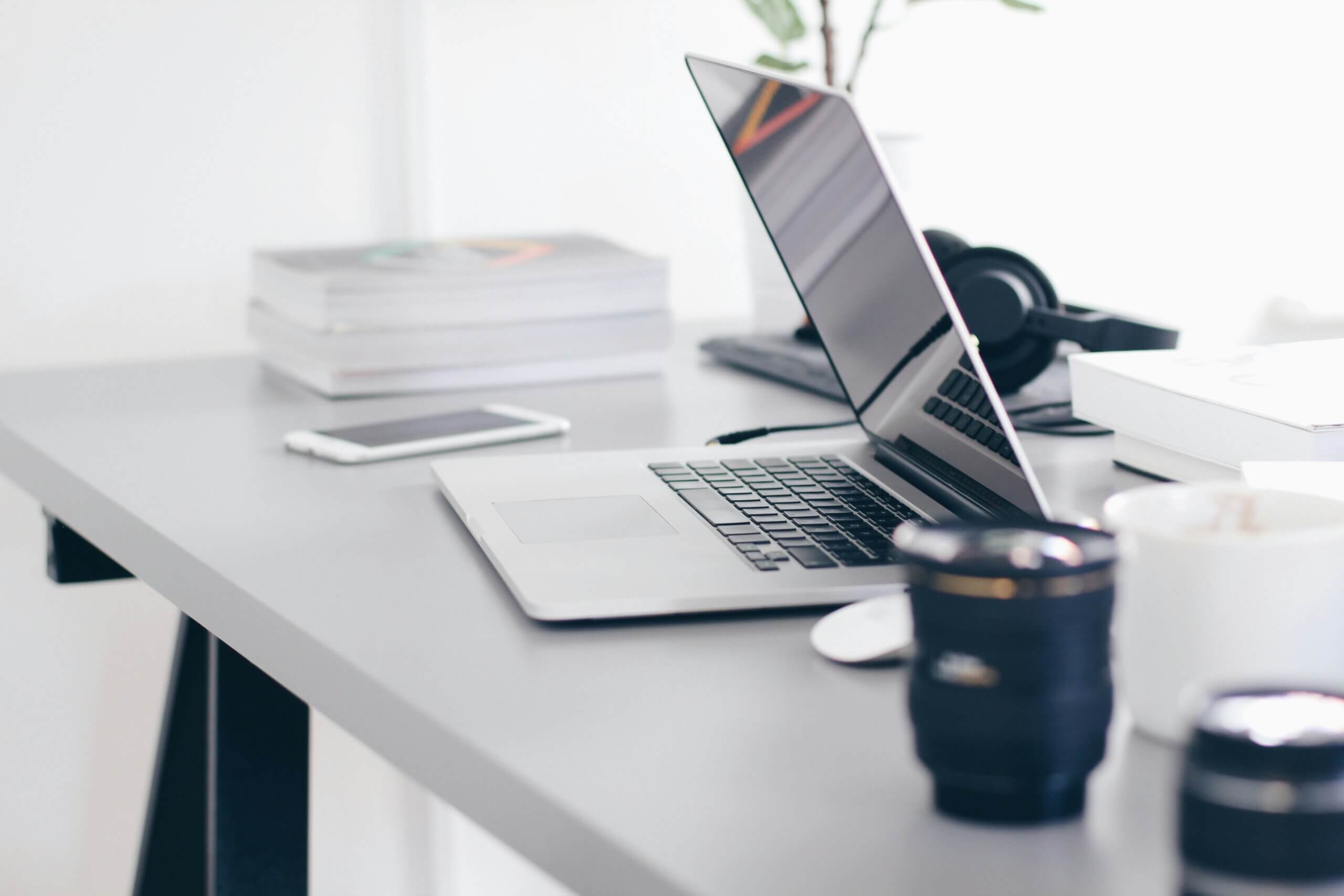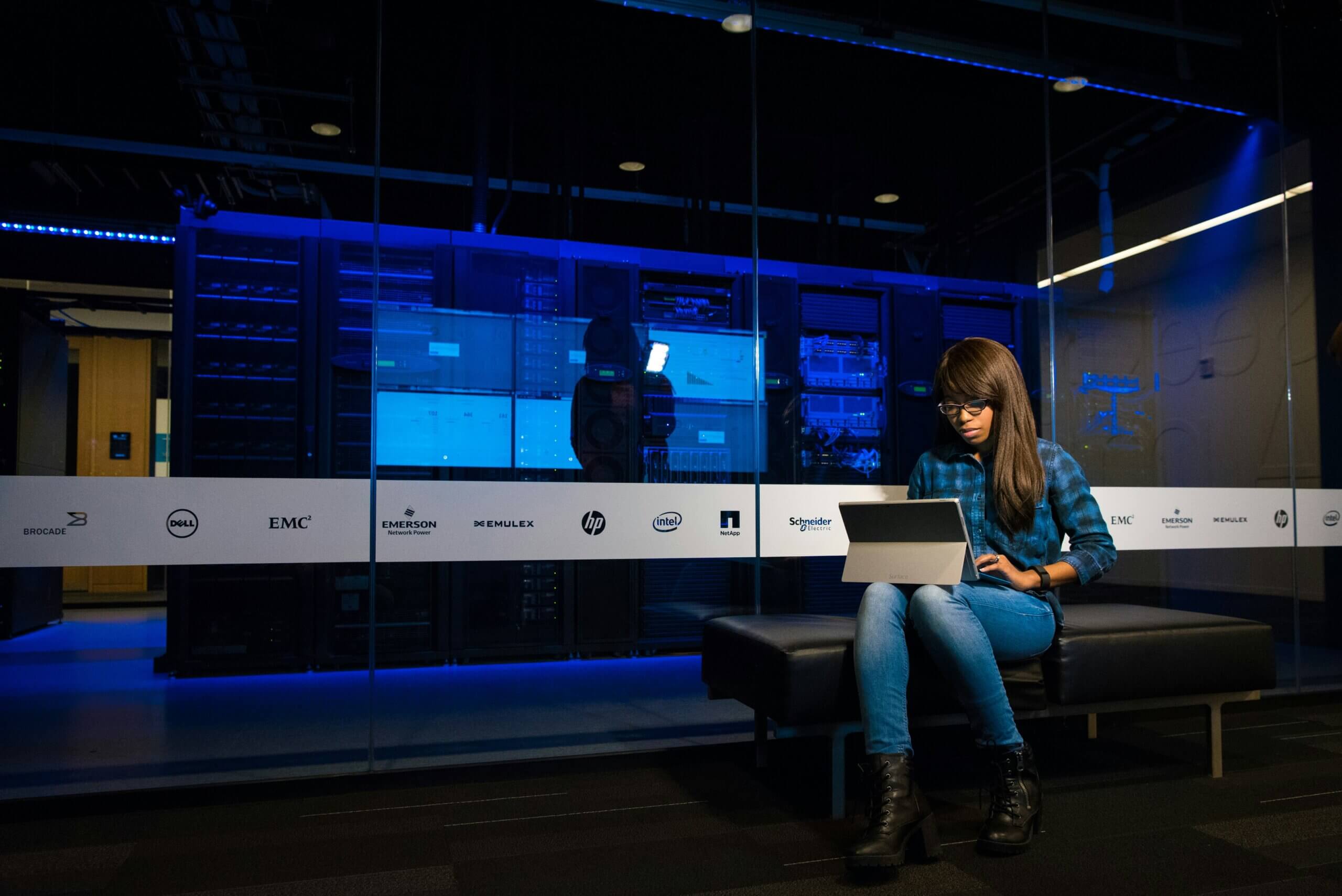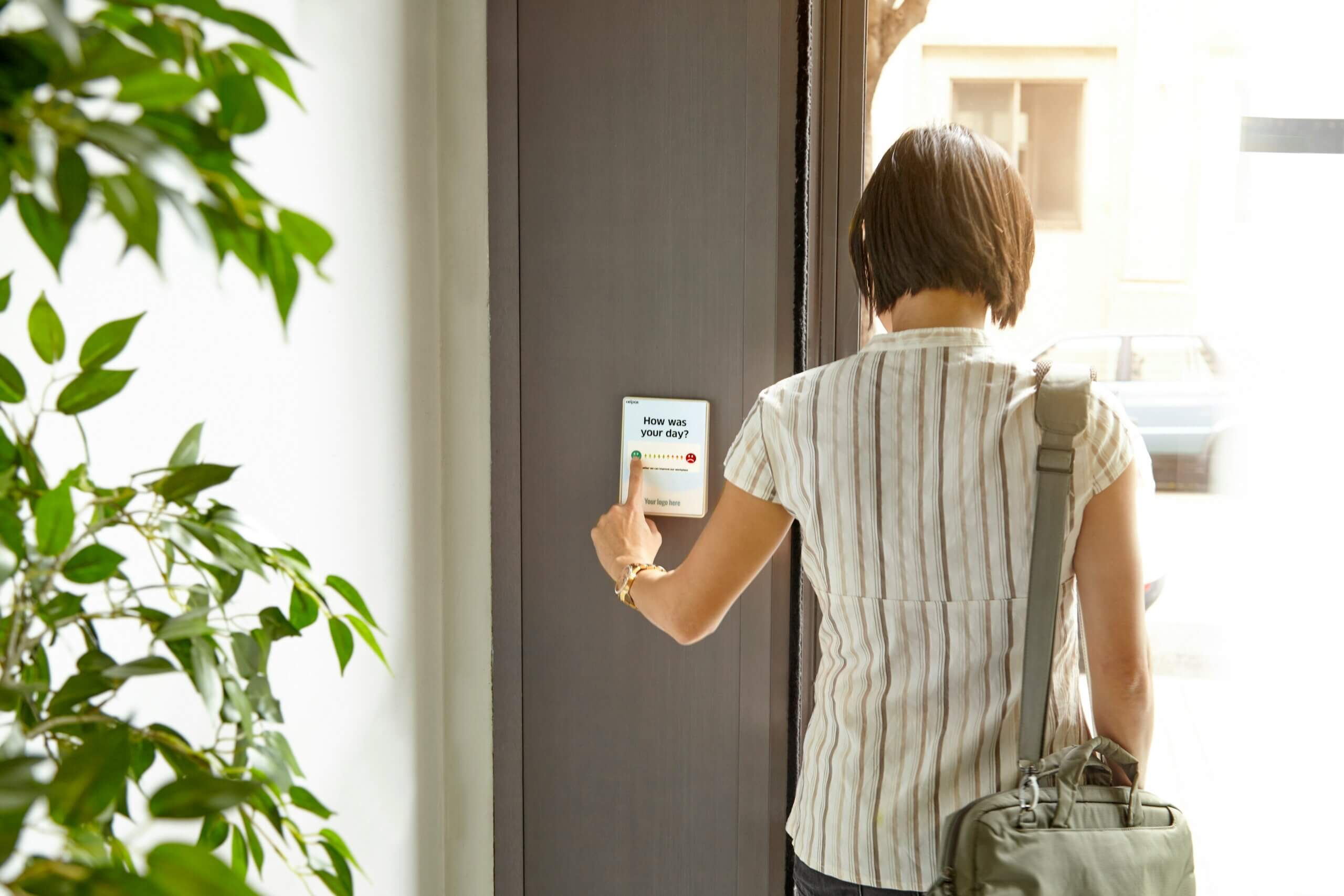In the present digital world, screen time plays a major role in our daily lives.
From smartphones and tablets to laptops and TVs, constant screen exposure is a reality we can’t avoid. Technology is revolutionizing our lives in the areas of work, communication, and lifestyle. However, there is a concern about the possible mental health effects of screen time. In this article, we will examine the impact of screen time on mental health, its effects on adults, and measures to achieve a healthy balance.
How Screen Time Affects Mental Health
The increasing presence of screens in people’s lives has raised the issue of how screen time affects mental health among many individuals. Many mental health issues have been linked to prolonged use of digital screens, Including but not limited to stress, depression, and anxiety. Moreover, screen time and mental health don’t go together due to its impact on social interaction.
Although social networks and online communities can form such virtual connections, offline conversations are more meaningful and deep. Also, watching the screens would lead to lower empathy and emotional intelligence and higher rates of social isolation and loneliness.
Furthermore, social media accounts that show edited and staged events can lead to feelings of lack of self-worth and inadequacy. People can compare themselves to the perfect lives of others, which can result in dissatisfaction and a poor self-image.
Effects Of Screen Time On Adults
Even adults only escape the effects of spending a little bit of time viewing screens. Long-term usage of the screens is found to cause higher levels of stress and emotional distress in adults. The constant connectivity created by phones and social media causes people to succumb to the pressure and overwhelm as they struggle to respond to the demands of digital platforms. Similarly, a flood of information and notifications can overload the person with cognitive overload, making it harder to focus.
For example, too much screen time can create difficulties between professional and private lives, such as separation of work from life. These days, it has become usual for people to respond to work-related emails or notifications while at home without a proper break, which can lead to feelings of exhaustion. Also, endless screen time may decrease the chances of having enriching or meaningful experiences that usually result in feelings of joy or contentment.
Strategies For Achieving A Healthy Balance
Healthy screen time habits and boundaries should be set to mitigate screen time affecting mental health negatively.
Here are some strategies for achieving a balanced relationship with screens:
Limit social media exposure
Social media platforms can work as a bridge that connects people or contribute to mental health concerns. Reducing time spent on social media and curating an online experience will significantly benefit your mental health.
Only follow accounts that make you feel bad or give you unreasonable comparisons. It is also advisable to take a break from social media regularly to invest your time in making real relationships and engaging in activities in the physical world.
Incorporate physical activity into your routine
Counter the passive effect of screen time by being physically active more often. Exercise was found to be able to reduce stress, anxiety, and depression, and at the same time, it helps improve mental health in general. Be it a brisk walk, a workout session, or yoga, finding an activity you enjoy is a crucial remedy for both cognitive and emotional fatigue caused by prolonged screen time.
Create screen-free zones and times
Designate specific places in your house or times of the day as device-free zones to enhance mindfulness and let go of all the lure of screens. This could happen during mealtimes, before bedtime, or in some particular rooms like the bedroom.
Practice mindfulness and screen time awareness
Cognitive approaches like meditation and deep breathing can help alleviate the distress experienced from screen time. Put away some time for meditation practices to stabilize yourself and experience an increased consciousness of your work on a computer. This self-awareness enables you to consciously choose the time and manner you use screens and helps you cultivate a more balanced and purposeful approach.
Foster face-to-face connections
Make sure you have in-person social interactions to build deep, non-digital connections. Interpersonal, purposeful, and engaging interpersonal relations can cancel the side effects of social isolation linked to excessive screen time.
Seek professional support
If your screen time is getting out of control to the point that you are experiencing adverse effects on your mental health, do not hesitate to ask for help from a mental health expert. Therapy can help with screen-related stress management and teach to develop more effective coping mechanisms.
Healthy phone screen time
While total disconnection of screens is somewhat unrealistic and unnecessary, building up healthy phone screen time routines is imperative. This may take setting limits on social media usage, turning off notifications, and focusing on activities that do not involve screens.
Conclusion
The impact of screen time on mental health is increasingly a focus of public interest with the rapid development and use of modern technology. Research has demonstrated that excessive screen time and mental health don’t go together as it can lead to some psychological problems, such as anxiety, depression, and stress.
Nevertheless, considering the principles of balance and conscious behavior, it’s possible to counteract the harm and take care of mental health. With moderation techniques, one can reduce the harmful effects of too much screen time and promote a healthier relationship with technology.
FAQs
Can too much screen time cause anxiety in adults?
Certainly, overindulging in digital screens may bring on anxiety in adults. The ongoing flow of messages, calls, and stimuli can cause a person to experience such symptoms as anxiety, restlessness, or even panic attacks. Besides that, the fear of missing out (FOMO) and the pressure to be constantly interacting and accessible on social media further increase anxiety.
Can too much screen time harm you?
Although moderate screen time might be needed for work, entertainment, and communication, excessive use can lead to physical and mental health problems. Being sedentary for a long time, having poor sleep quality, and being socially isolated are among the consequences that may result from excessive screen time.
Does too much screen time cause depression?
It became more and more obvious that the excessive use of screens for social media and exposure to negative content could be one of the triggers of depression. The continuous comparison to the perfect versions of others’ lives, the fear of missing out (FOMO), and the lack of real-world social connections could be all aspects that can magnify feelings of loneliness and low self-esteem.





